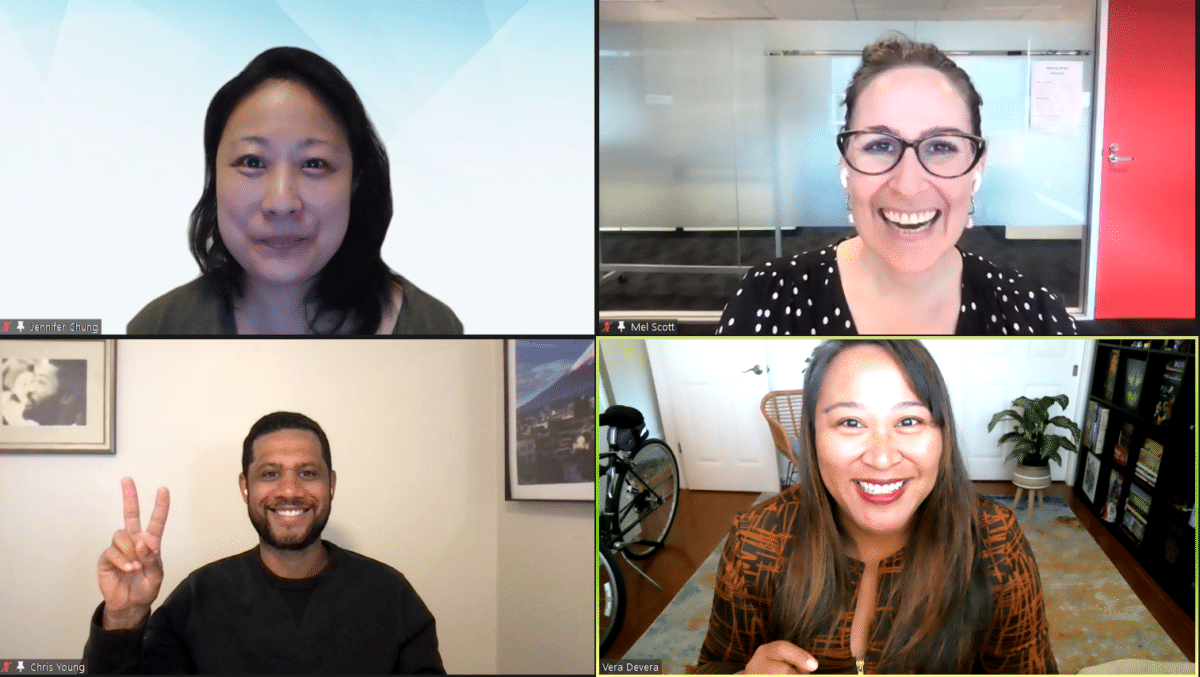The Androidification of NDAs: A Standard Non Disclosure Agreement
It may be a Silicon Valley legend. True or not, the economics of the legend make sense.
As the legend goes, Android founder Andy Rubin met Larry Page at a conference in 2005. Andy convinced Larry that he had a problem. Google was developing mobile applications for a fragmented landscape of mobile devices and operating systems. In the pre-iPhone world, Google’s developers were developing and maintaining applications for a kaleidoscope of mobile operating systems: Windows Mobile, Windows CE, Symbian, Palm, Blackberry, just to name a few. To make matters worse, some versions of Symbian, for example, weren’t even compatible across versions.
Andy convinced Larry that the solution was simple. It would be less costly to develop an open source mobile operating system and give it away than it would to develop and maintain multiple versions of each Google application for a smorgasbord of various, incompatible operating systems. And so, Google acquired Andy’s fledgling company and a Silicon Valley legend was born.
Non-standardized, low-negotiation contracts are a really big problem for your legal team
As the General Counsel to a high-growth Silicon Valley company, I have the same problem as Larry Page. Well, my problem is actually much, much worse.
Right now, my client has hundreds (no exaggeration) of in-term NDAs. I don’t have to maintain NDAs for a few dozen “operating systems”, I literally have hundreds. It’s hard to know just what rights and obligations your company has when each contract is different. Not just different; but each NDA is unique in a way that creates no recognizable pattern that can manage the complexity.
This problem is getting worse, not better. Every week, I review, negotiate, and conclude dozens more non-standard NDAs.
Let’s look at NDAs as Operating Systems (OS)
To address my NDA problem, I decided to take a page out of Larry’s book and treat NDAs as code.
Last fall, Bitmovin undertook a project with the Startup Legal Garage at UC Hastings College of the Law with the aim to create an standard NDA for routine commercial transactions that could be widely adopted and release the NDA as open source with an extremely permissive license. The “Universal NDA” was distilled from the text of hundreds of NDAs to determine the most salient and common clauses and then interviewed nearly two dozen general counsels of tech companies, ranging from small startups to multinational corporations in the Bay Area.
We did not set out to build the perfect NDA.
The perfect quickly became the mortal enemy of the good, and worse, none of us could agree what the perfect standard NDA would be. So, instead of creating something that would be all things to all people, on the second time around we sought to create a document which would be most things to most people. As long as those people were in-house lawyers.
It was not one NDA, but rather a collection of contractual clauses, each one subject to the open source process and refined over time by thousands of eyes reviewing them. From this collection of clauses, NDA drafters could assemble a non disclosure contract based on a constellation of standard clauses to suit their needs in a particular transaction or type of transactions.
The Big Picture of Standardization
Android has been successful beyond its originators’ wildest expectations. So here I am trying to convince you that rather than having your company’s standard NDA, it would be much more efficient for a standard NDA to exist for all companies.
Since we have open sourced the NDA, we hope that it will take on the best characteristics of this kind of software. It’s transparent, peer-reviewed, standardized yet customizable, and will evolve and adapt to meet needs unforeseen by its original developers.
With flexible, modular components, I can build dozens, if not hundreds of different permutations of the NDA to fit any business need or transaction-specific requirements in an automated, just-in-time fashion. But since all these standard non disclosure agreements are crafted from the same core codebase, they follow predictable lines. More importantly, the data representing each party’s rights and obligations is structured. So, the data can be organized, queried, and used to manage the company’s operations.
And, someday, just maybe, you might be able to ask, “Hey, Siri, how many in-term NDAs do I have where the duty of confidentiality extends beyond the term of the agreement?” But, only if that’s your preferred phone of choice.
Ironclad is not a law firm, and this post does not constitute or contain legal advice. To evaluate the accuracy, sufficiency, or reliability of the ideas and guidance reflected here, or the applicability of these materials to your business, you should consult with a licensed attorney. Use of and access to any of the resources contained within Ironclad’s site do not create an attorney-client relationship between the user and Ironclad.




